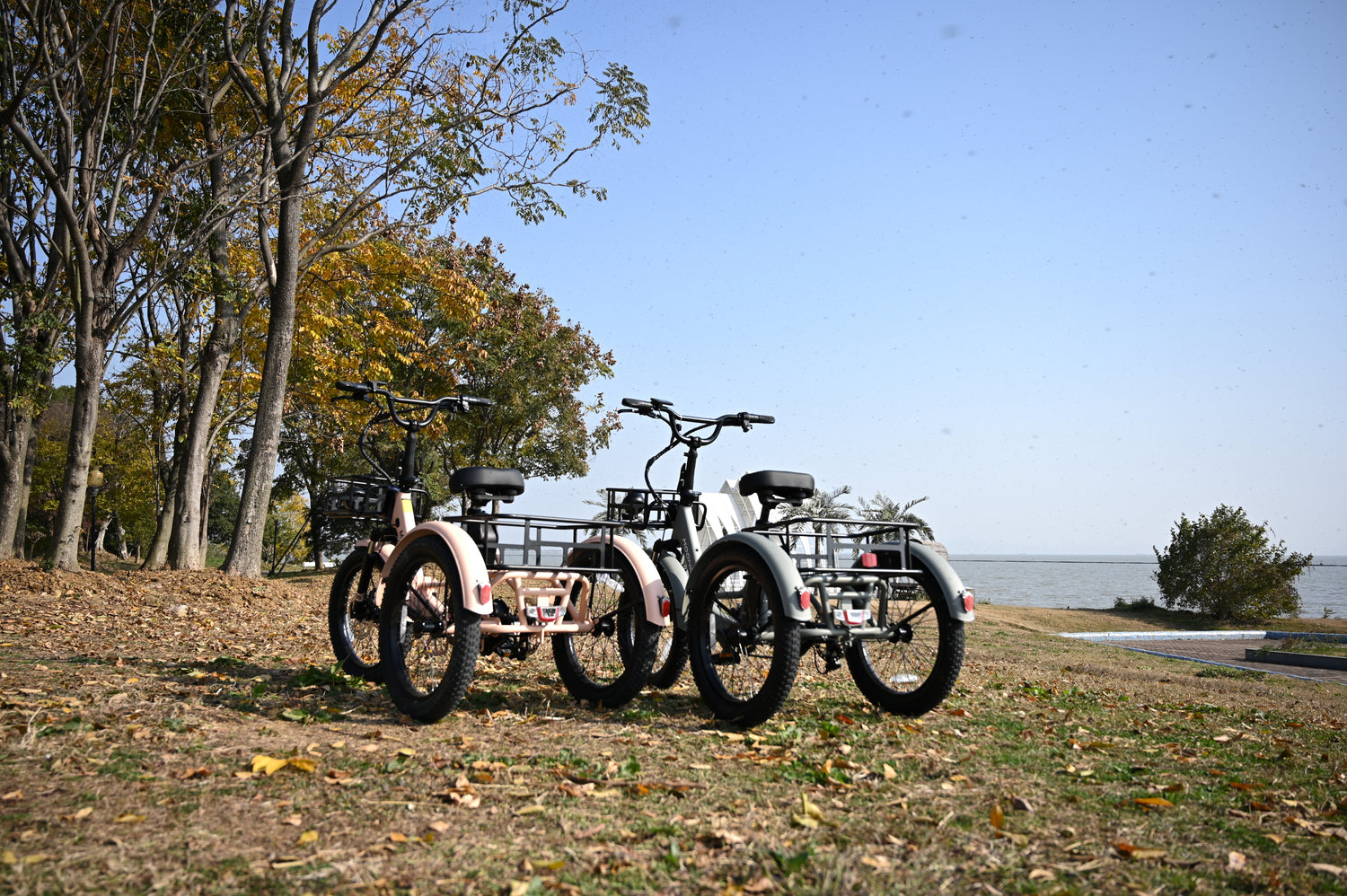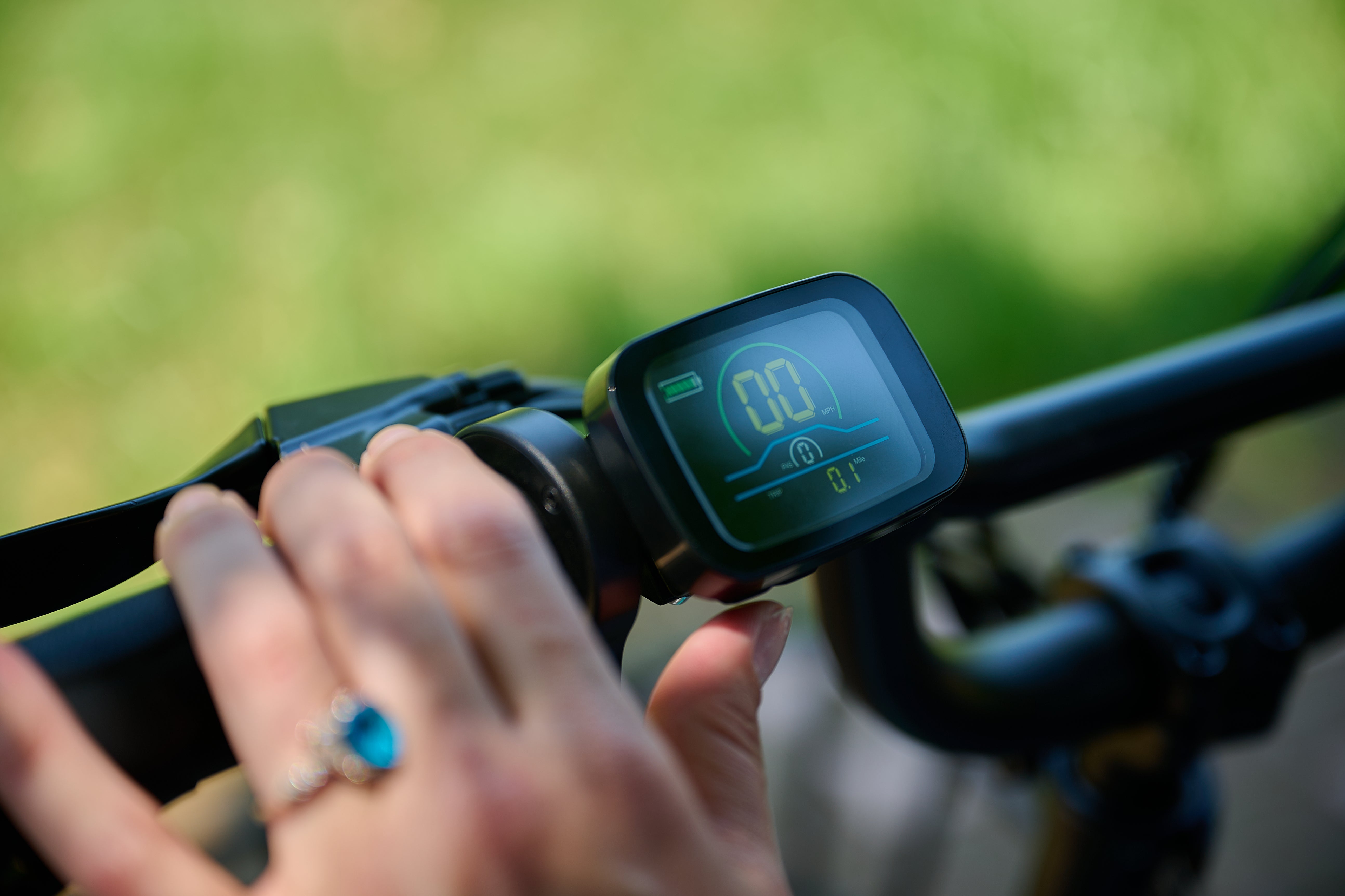Electric trikes are becoming increasingly popular as they are incredibly usable, eco-friendly, and convenient ways of getting around. However, different areas of the world have varying rules and regulations regarding the use of electric trikes. Without being aware of local regulations, you may fall on the wrong side of the law. Therefore, this article will highlight local rules for operating electric tricycles and how you can stay out of trouble.
Importance of Knowing Local Regulations
Governments and local authorities impose restrictions on using electric tricycles to protect riders and the public. Local regulations ensure that electric trikes are safe to use based on unique characteristics associated with specific geographic locations. If there were no restrictions in place, electric trikes could potentially reach dangerously high speeds, being hazardous to riders and members of the public.
Staying informed about local rules for operating electric tricycles means you can avoid fines and continue to enjoy riding your electric trike. So, this blog will cover road usage rules, safety requirements, and potential penalties for not sticking to local regulations. Understanding these aspects allows you to ride relatively freely without getting into trouble. This is especially the case if you ride your trike in multiple locations that may have different rules.
General Regulations
In the USA, the legal framework for using an electric trike is on two levels: state and federal. On the federal level, electric trikes are defined as bicycles with a motor of no more than 750 W that can assist you in peddling up to 20 mph. However, each state has its own rules, which can vary considerably.
You will find that most states have incorporated the class system, which classifies electric trikes based on their top speed and if they have a throttle. These classes determine the areas where you can ride an electric trike and if you need a license. We will go into the class system in more detail later in this article.
Age Requirements
Most regions have a minimum age requirement for operating electric trikes. Typically, riders must be at least 16 years old. However, some areas allow younger riders as long as a parent or guardian is supervising them. So before you head out on the road, check your local regulations to see if there are any age restrictions in place.
Licensing and Registration
Some areas require riders to have a valid driver's license, while others might not. You may also have to register your electric trike in certain regions. If you are unsure whether you need to register your trike, check with your local Department of Motor Vehicles or similar authorities to see what the requirements are.
Road Usage Rules
Where Electric Trikes Are Allowed to Ride
Generally, electric trikes can be used on bike lanes, roads, and multi-use paths. Most areas don't allow you to ride them on sidewalks. A great example of this is New York City, where the sidewalks are always packed with people. You may also experience restrictions on high-traffic roads, which are usually displayed with signage telling you where you can and can't ride. Many riders like to or need to ride on off-road trails. However, not all trails permit the use of electric trikes. This is because the local authorities often believe that the extra weight and power degrades and damages the trails.

Speed Limits and Restrictions
Speed limits for electric trikes also vary by location. This is where the three-class system comes in, as some classes of electric trike are prohibited. Class one and class two electric trikes have a limited assisted top speed of 20 mph. Class three electric trikes can assist you up to 28 mph but are only permitted on paved paths or roads. With this in mind, you must find out what classes are permitted in your local area.
Some people derestrict their electric trikes to exceed the legal assisted top speed. However, doing this can lead to hefty fines or other penalties. Therefore, your trike needs to comply with local regulations, and you need to ride responsibly,, especially in crowded areas. Also, we don't recommend deresticting your trike. Legal problems aside, tampering with your trike's motor or control system can damage it and void warranty claims.
Safety Requirements
Mandatory Safety Gear
You will find that most regions require riders to wear helmets, at least for those in specific age groups. You may also be legally required to wear reflective clothing and gloves. This isn't just about sticking to the rules, but it can significantly reduce the risk of injury if you have an accident.
Equipment Standards
Electric trikes must meet specific equipment standards to be used on public roads. For example, local regulations may state that your trike must have functioning lights, reflectors, and a bell or horn. In addition, you should regularly check your trike to make sure all its components are in working order and comply with local safety standards.

Penalties and Fines
You may incur various penalties if you don't comply with local regulations. Common violations include riding without a helmet, derestricting your trike, and not having it registered. Riders caught violating local regulations may have their trike impounded and face fines.
It is easy to avoid penalties if you stay informed and stick to local rules. It's a good idea to regularly check for updates on local regulations, keep your trike in good condition, and always ride responsibly. You can also ride in a manner that doesn't attract attention, allowing you to get on with your day uninterrupted.
Conclusion
Understanding and complying with local rules for operating electric tricycles is vital for safe and legal rides. Key points include age requirements, licensing, registration, road usage rules, speed limits, and safety gear mandates. Staying informed about these regulations ensures a hassle-free riding experience.
As electric trikes continue to grow in popularity, local regulations may change. Stay updated on the latest rules and guidelines in your area. By doing so, you'll ensure that your rides are enjoyable while staying on the right side of the law.




Leave a Comment
This site is protected by hCaptcha and the hCaptcha Privacy Policy and Terms of Service apply.